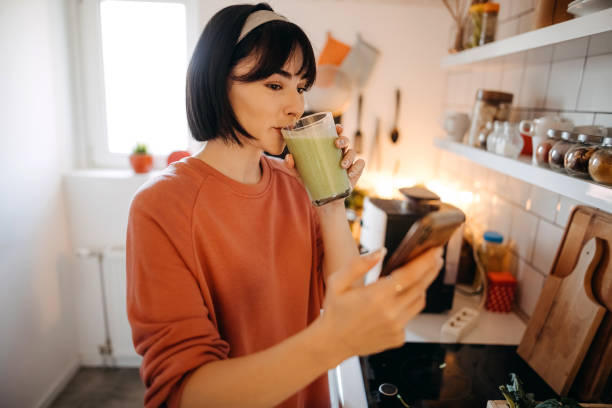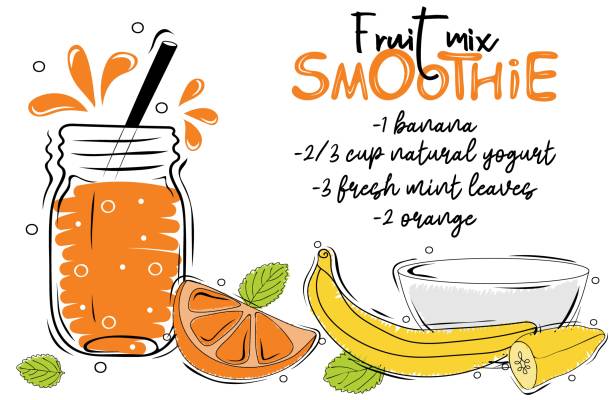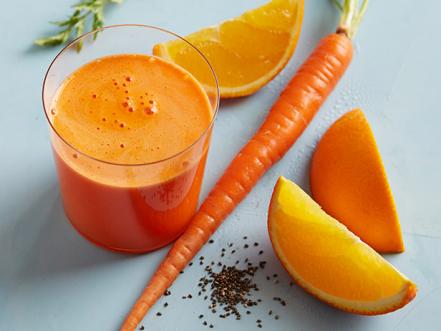We get many questions from clients about shelf life. Because it is complex and depends on many factors, we don’t give definitive answers. This post will explain how shelf life affects raw, cold-pressed juice.
Using High-Quality Produce
Fresh, clean produce is key to making juice last for a few days in the refrigerator. You can reduce the shelf life of fluids cut too early or contain rotting produce. You should ensure that you only buy produce from trusted sources and follow all health department guidelines regarding cleaning.
The Right Equipment
People complain that their juice is separating quickly or turning strange colors. This is often because they don’t use a juice press. Only an actual juice press, such as a Goodnature Juicer, can give you consistent, smooth juice that lasts several days.
Juice made on any other technology–including a masticating “slow juicer,” an auger juicer, or a centrifugal juicer–will give you chunky, foamy juice that separates quickly and turns brown. For more information, see our article on types and juicers.
Temperature Abuse
The entire process of juicing must be kept cold. The FDA recommends keeping the temperature at or below 41 degrees F (5 degrees Celsius). It is possible to have a refrigerator in your kitchen. You can use a blast chiller to bring the product to the right temperature quickly. You must maintain the correct temperature throughout your supply chain if you plan to deliver cold-pressed juice. The product will retain its color and taste longer if it is kept cold.
Acidity
With a low pH (high acidity), the juice will last longer than juice with a high PH. Lemon juice, which has a lower PH than carrot juice, will last longer. To extend the shelf life of your recipes, you should always add acidic juice. Did you know that many cold-press recipes include lemon? You now know the answer! Here’s a list of fruits and vegetables and their attributes.
Preservation Methods
The most common preservation method for cold-pressed juice is HPP (High-Pressure Processing). This is where plastic juice bottles are put through high-pressure chambers to kill microbes and extend their shelf life. This process can extend some juices for up to 30-60 days.
It is essential to understand that HPP can be called “cold pressure” by some companies. This sounds a lot like cold-pressed. This was done to trick consumers into thinking that the juice was cold-pressed. Be careful when you read labels. It doesn’t necessarily mean that something is “cold-pressured.”
So what’s the shelf life for cold-pressed juices?
If you follow all the guidelines above, your juice should last 5-7 days. However, it is possible to keep the juice fresher for extended periods if other factors or procedures must be followed.



